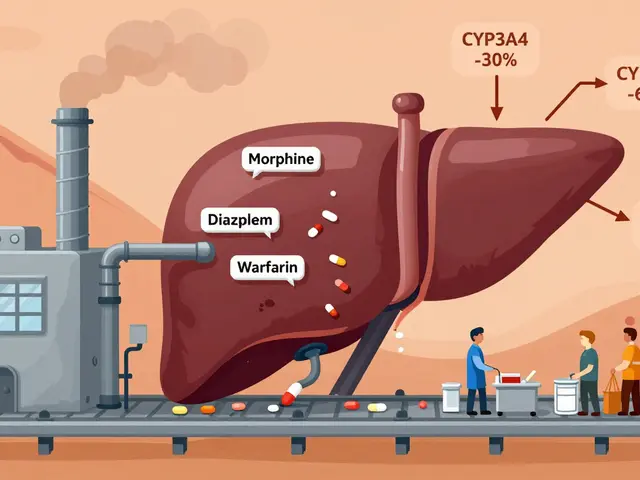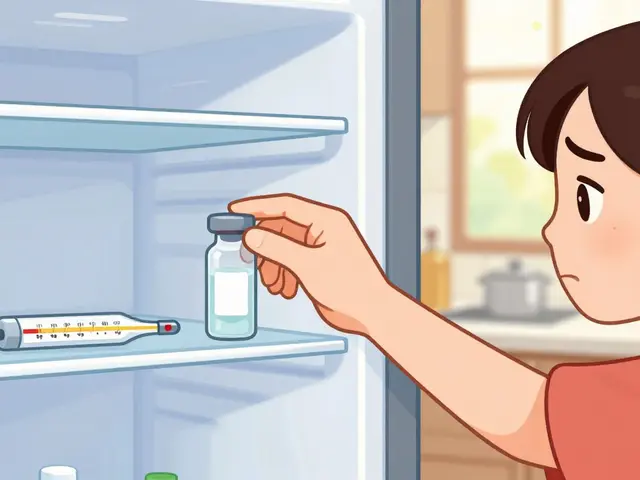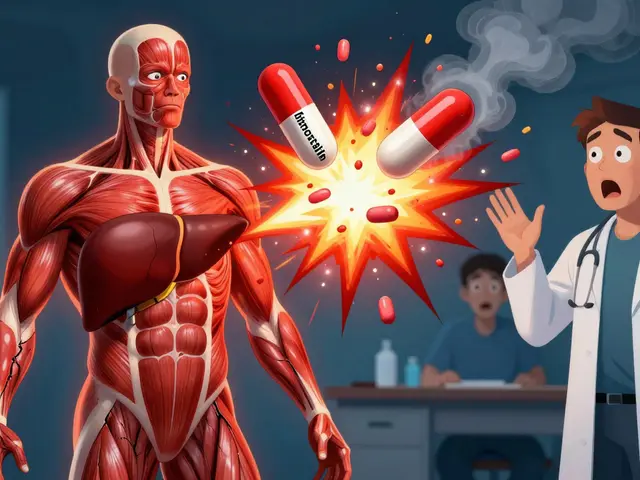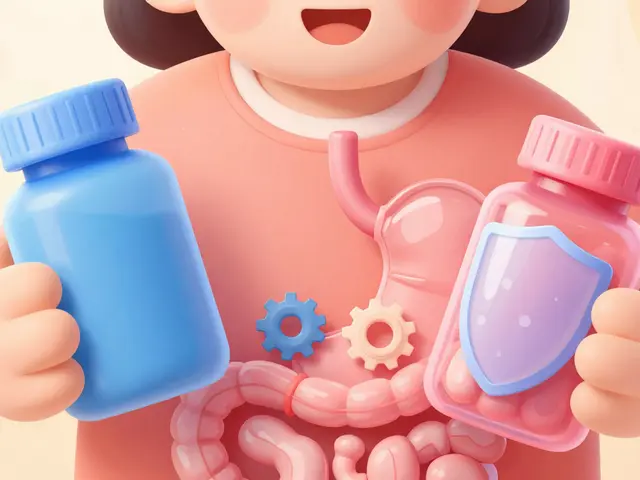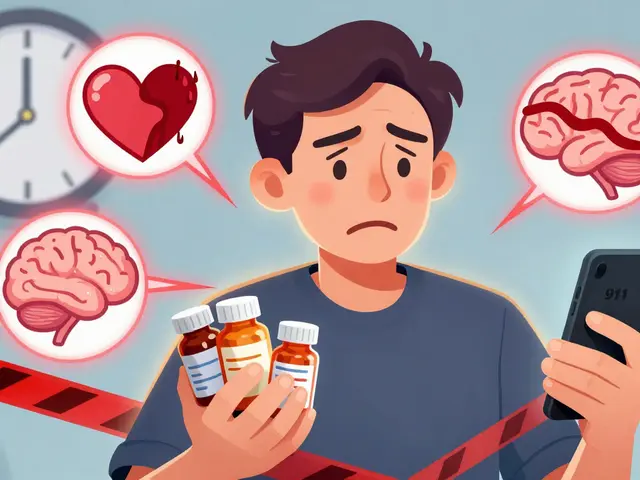Alcohol Dependence: What It Is and How to Start Recovering
If you or someone you know drinks more than intended and can’t stop, that’s a sign of alcohol dependence. It isn’t just a habit – it’s a medical condition that changes how the brain works. The good news? You don’t have to stay stuck. Small, clear actions can move you toward a healthier life.
How to Recognize Alcohol Dependence
First, look for these common signs:
- Needing to drink every day or feeling shaky when you skip a drink.
- Spending more money on alcohol than you planned.
- Skipping work, school, or family events because of drinking.
- Trying to cut back but failing repeatedly.
- Continuing to drink even after it causes health problems.
If a few of these sound familiar, it’s time to take a closer look. You don’t need a doctor’s label right away; just notice the pattern and write it down. Seeing the facts on paper often makes the problem feel real enough to act.
Getting Help: Treatment Options That Work
The easiest first step is talking to someone you trust – a friend, family member, or your primary care doctor. They can point you toward local resources or online tools that match your needs.
Detox and medical supervision: Stopping drinking abruptly can cause dangerous withdrawal symptoms like tremors, seizures, or high blood pressure. A short stay at a detox center gives doctors a chance to monitor you and give medication if needed.
Counseling & therapy: Cognitive‑behavioral therapy (CBT) helps you spot cravings triggers and replace drinking with healthier habits. One‑on‑one sessions or group meetings work well for many people.
Medication: Some prescriptions, like naltrexone or acamprosate, reduce cravings. Talk to a doctor about whether these are right for you.
Support groups: Programs such as Alcoholics Anonymous (AA) offer regular meetings and a community that understands what you’re going through. Even if you’re not religious, the peer support can be powerful.
Choosing the right mix depends on your situation, budget, and comfort level. Many people start with a phone call to a helpline, then decide whether they need full‑time rehab or just outpatient counseling.
Remember, recovery isn’t a straight line. You might have good days followed by setbacks. That’s normal – the key is staying committed to the next step, not perfection.
If you’re ready right now, try this simple plan:
- Write down why you want change – health, family, work, or personal goals.
- Pick one small action: call a doctor, join an online support chat, or set a drink‑free day.
- Tell someone you trust what you’re doing so they can keep you accountable.
Small moves add up. Over time you’ll notice cravings lose power and your confidence grows.
Alcohol dependence is tough, but it’s treatable. Use the resources around you – doctors, counselors, medication, and community groups – to build a plan that fits your life. Start with one step today, and keep moving forward. You deserve a healthier tomorrow.
Naltrexone is a medication that's been making waves in both addiction recovery and unexpected off-label uses. This article breaks down how naltrexone works for opioid and alcohol dependence, digs into side effects people actually notice, and explores some surprising new applications. With stories, data, and tips for handling the drug in real life, you’ll get a complete picture of what sets naltrexone apart. If you want straight talk on this misunderstood medication, you’re in the right place.


